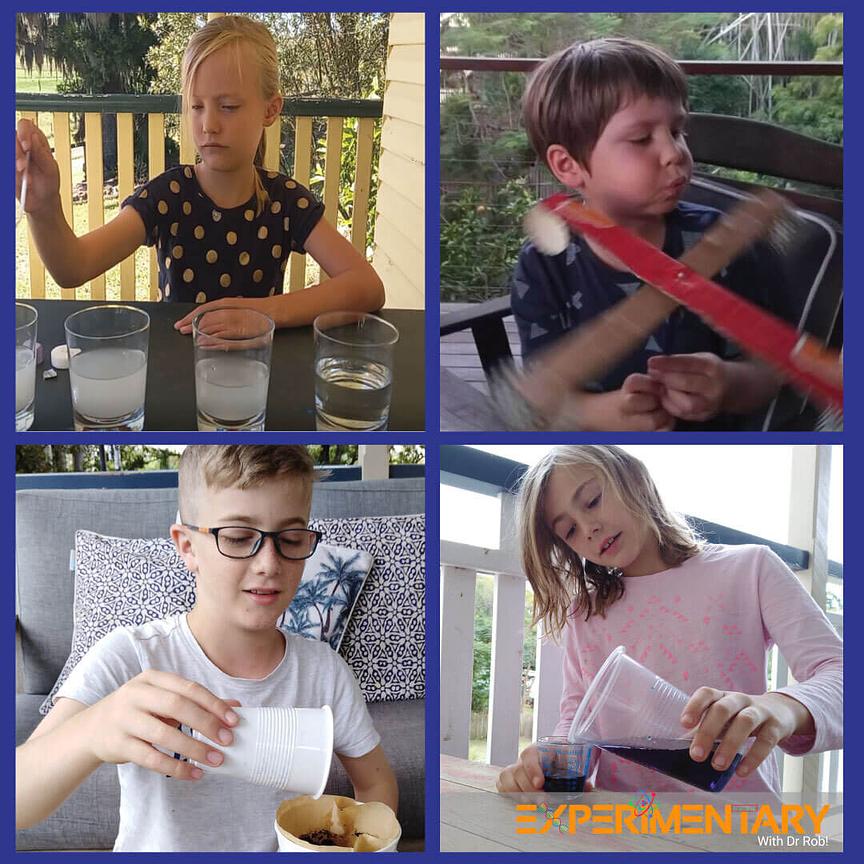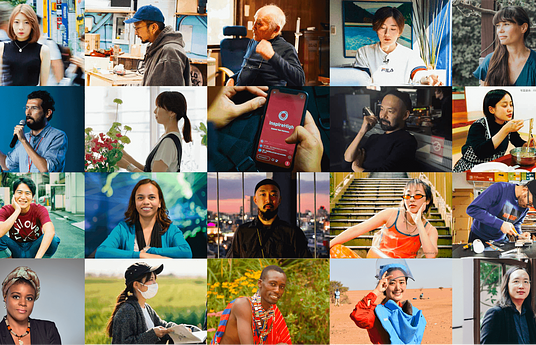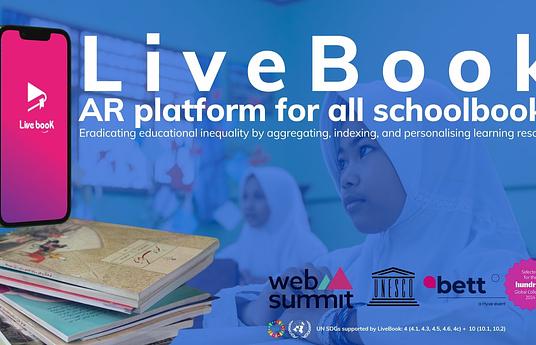First and foremost we wanted to spread our passion for science. Participation in STEM subjects at schools is declining and very little attention has been paid to the K-6 school sector. Yet that is where a love and understanding of science is often born. It is also where teachers are often least equipped to deliver as the vast majority of these teachers have no specific qualifications in STEM.
On Experimentary, Teachers (or parents) can find hands on science experiments and activities that match up to the curriculum they are teaching or just the areas of interest of their students.
From there, all they need do is provide the everyday materials needed and let Experimentary do the rest. There are engaging videos explaining the science, the how-to and the real world links, a digital lab-book for recording results and fact sheets for background information and further extension.
It teaches the kids not just about different areas of science but also how to do science.
From a teacher: "Experimentary provides teachers with terrific videos exploring the step by step approach to an authentic investigation. Great for teachers to be shown how they may help students approach a topic and how variables could be manipulated. A real confidence builder underpinned by rigorous science."
We have a limited budget, so getting word out the the school and homeschool communities has been a relatively slow affair. However in the last 2 years we have had over 300 teachers at different schools trial the platform and many come on board as customers.
With homeschoolers, we find approximately 30% of those that sign up to have a free trial, go on to become paying customers.
In 2020 we ran a free nationwide experiment aimed at getting a lot of schools and students involved in a fun experiment during Science Week. The Big Watermelon Experiment attracted over 300 schools and involved over 20,000 students, all trying to help discover just how many rubber bands it takes to implode a watermelon.
For the future we really need a "bigger megaphone" to let more people know we exist.
Very simple. On the website hey can register for a free trial, either as a parent or a teacher.
Once set-up, they can explore everything the site has to offer,. and even try out some of it.
If they like it, they can choose to subscribe.
The process is largely automated for parents, whereas teacher and class accounts require a little set up by us.



